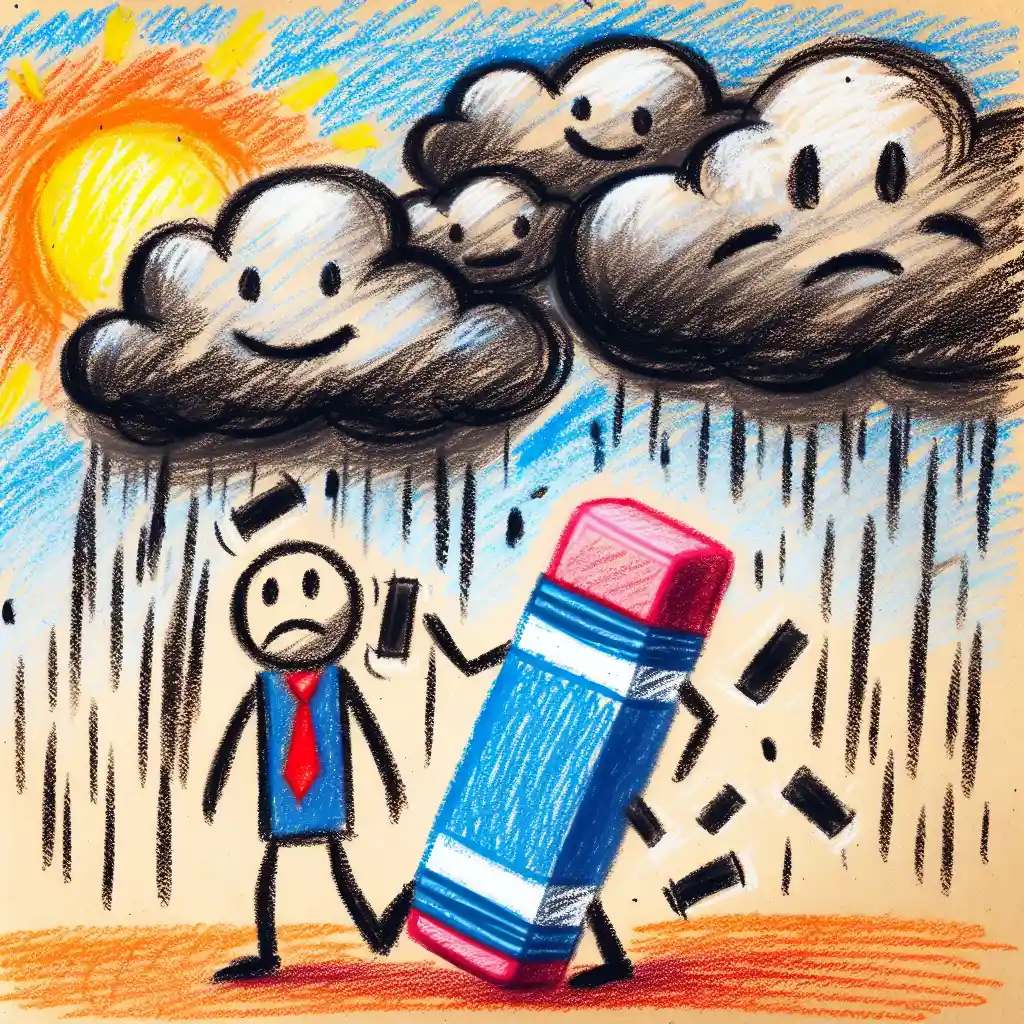Kenya U-turn over charging prominent activist with terror offences

Explain Like I'm 5
Imagine you have a big box of crayons and one day someone tells you that you can't use the red ones because they're super dangerous. But really, they're just like all the other crayons! That's kind of what happened in Kenya. A man named Boniface Mwangi, who helps people by speaking up for what's fair, was told he did something very bad, like using dangerous crayons. People got upset because they thought he was being treated unfairly. So, the leaders in Kenya thought about it again and decided not to say he used the dangerous crayons after all. It's like they said, "Oops! Our mistake, you can use your red crayons."
Explain Like I'm 10
In Kenya, there's a man named Boniface Mwangi who is known for standing up for what he believes is right. He's kind of like a superhero for fairness. Recently, the police in Kenya said they were going to charge him with some very serious crimes, like treason, which is like being accused of trying to overthrow your own government. This is a big deal and it made a lot of people very upset because they thought the charges were not fair.
People started speaking out about how this wasn't right and it caused a huge stir. Because of all the noise people made, the government in Kenya decided to take back their decision. Now, they're not charging him with those serious crimes anymore. It's like if someone accused you of stealing a cookie from the cookie jar, and then everyone in your family looked into it and found out you didn't do it, so they all stood up for you. That's what happened with Boniface Mwangi, people stood up for him when they thought he was being treated unfairly.
Explain Like I'm 15
Boniface Mwangi, a prominent activist in Kenya, was recently at the center of a major legal and public outcry. The Kenyan authorities initially decided to charge him with severe offenses like treason, which implies that he was trying to overthrow the government. This kind of charge is extremely serious and can lead to very harsh penalties. The decision to charge him was controversial and sparked significant public and international concern, reflecting fears about the suppression of dissent and freedom of expression in Kenya.
The outcry from the public and various rights groups likely put pressure on the authorities to reconsider their stance. Responding to this, the government made a U-turn and decided not to pursue these charges. This situation highlights ongoing issues in many countries where governments are seen as using heavy-handed tactics against activists and critics, which can stifle democratic freedoms and lead to greater social unrest.
The broader implications here involve not just the legal aspects concerning one individual, but the health of democratic processes in Kenya. It raises questions about judicial independence and the role of public opinion in shaping legal outcomes. Looking ahead, this incident could either be a momentary episode or part of a larger pattern of political challenges in Kenya. What remains to be seen is how this will impact the future of activism and government accountability in the country, with experts watching closely to gauge the long-term consequences of this high-profile case.
Want to read the original story?
View Original Source